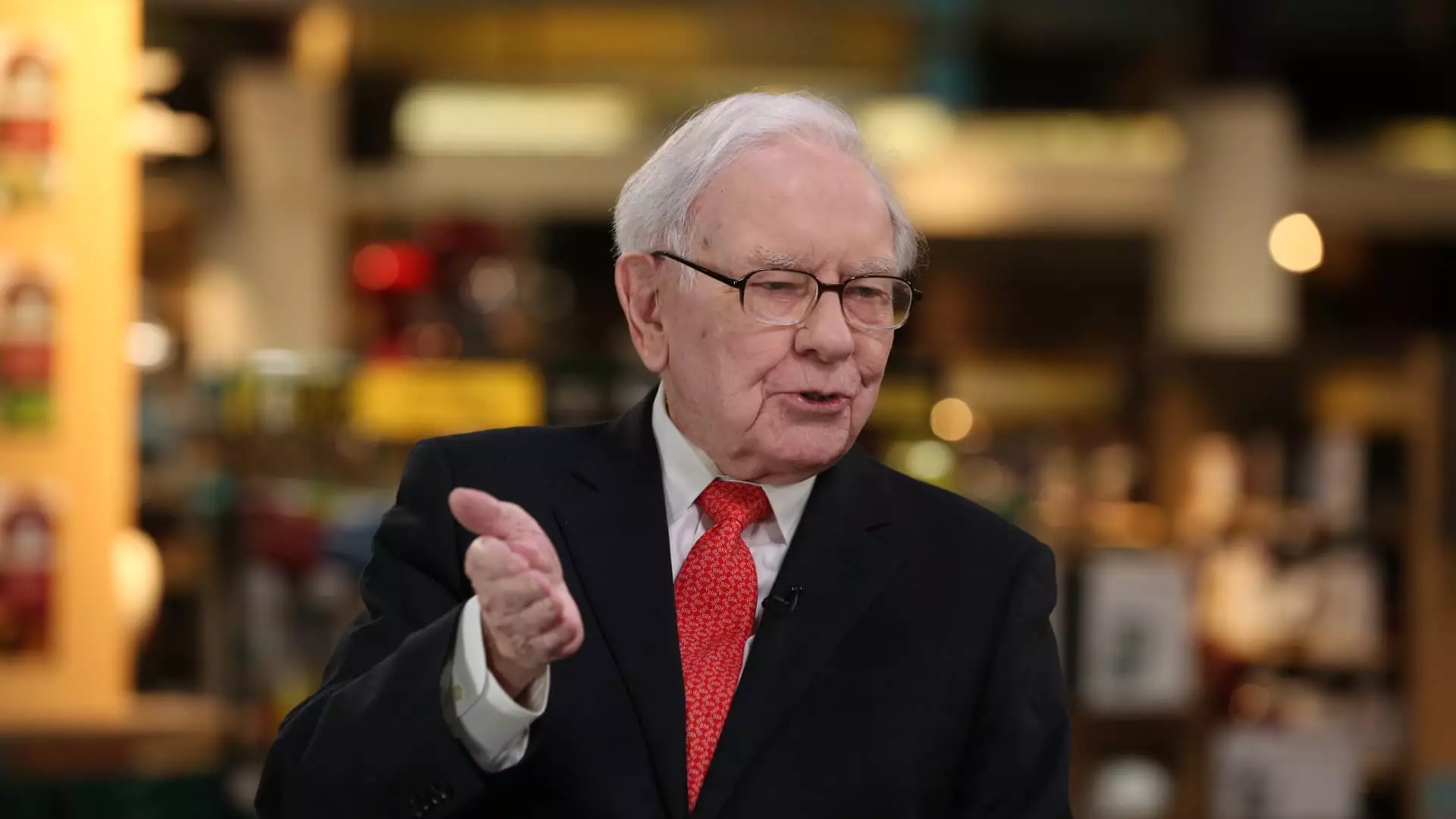The political climate surrounding international trade has consistently been a hotbed of contention, particularly with recent tariff threats made by former President Donald Trump. Upon his election, Trump’s commitment to enforcing tariffs on various nations fueled apprehensions of a renewed trade war. Warren Buffett, the highly regarded CEO of Berkshire Hathaway, articulated his concerns regarding these aggressive trade policies, suggesting that they could result in a domino effect of economic challenges, including inflation on a global scale. In an interview in 2019, Buffett emphasized that a trade war could have detrimental effects worldwide, indicating that interconnected economies are at risk when protectionist measures are adopted.
Buffett’s arguments underscore the often-overlooked reality of how tariffs function as hidden taxes on consumers. They disrupt established pricing structures, leading to inflated costs for goods and services. This phenomenon can provoke immediate repercussions for everyday consumers who may not recognize how much they beneficially depend on a regime of low tariffs and open trade. Buffett poignantly remarked that the financial strain could become starkly evident should tariffs be enforced, altering purchasing behaviors and elevating prices. The perception of price stability that consumers enjoy is intricately linked to the prevailing trade policies; thus, any reversal can lead to increased uncertainty and hardship.
Buffett also raised an important point about the responsibility leaders hold in articulating the rationale behind their trade policies. He cited Franklin D. Roosevelt as an example of a president who effectively communicated during difficult economic times, emphasizing the necessity for modern leaders to serve as educators. This leadership dimension is crucial because public perception significantly influences the acceptance of economic policy changes. When leaders fail to convey their message clearly, it can breed confusion and resistance, complicating the implementation of such policies.
While some critics might see Trump’s tariff threats as mere negotiation tactics intended to address various political agendas—such as curbing drug trafficking or illegal immigration—there are fears that such posturing could lead to the kind of retaliatory measures that characterized Trump’s initial term. The potential for escalating tensions through punitive tariffs could engulf the U.S. in a cycle of retaliation that may adversely affect not only domestic consumers but also global trade relationships.
As the specter of tariff-based trade policies looms, Buffett’s insights reveal a critical perspective on their potential repercussions. The interconnectedness of global markets makes it necessary for leaders to tread carefully, weighing the long-term impacts of their policies on consumers and the economy at large. Understanding this dynamic is essential in navigating the tumultuous waters of international trade and maintaining economic stability.


Leave a Reply